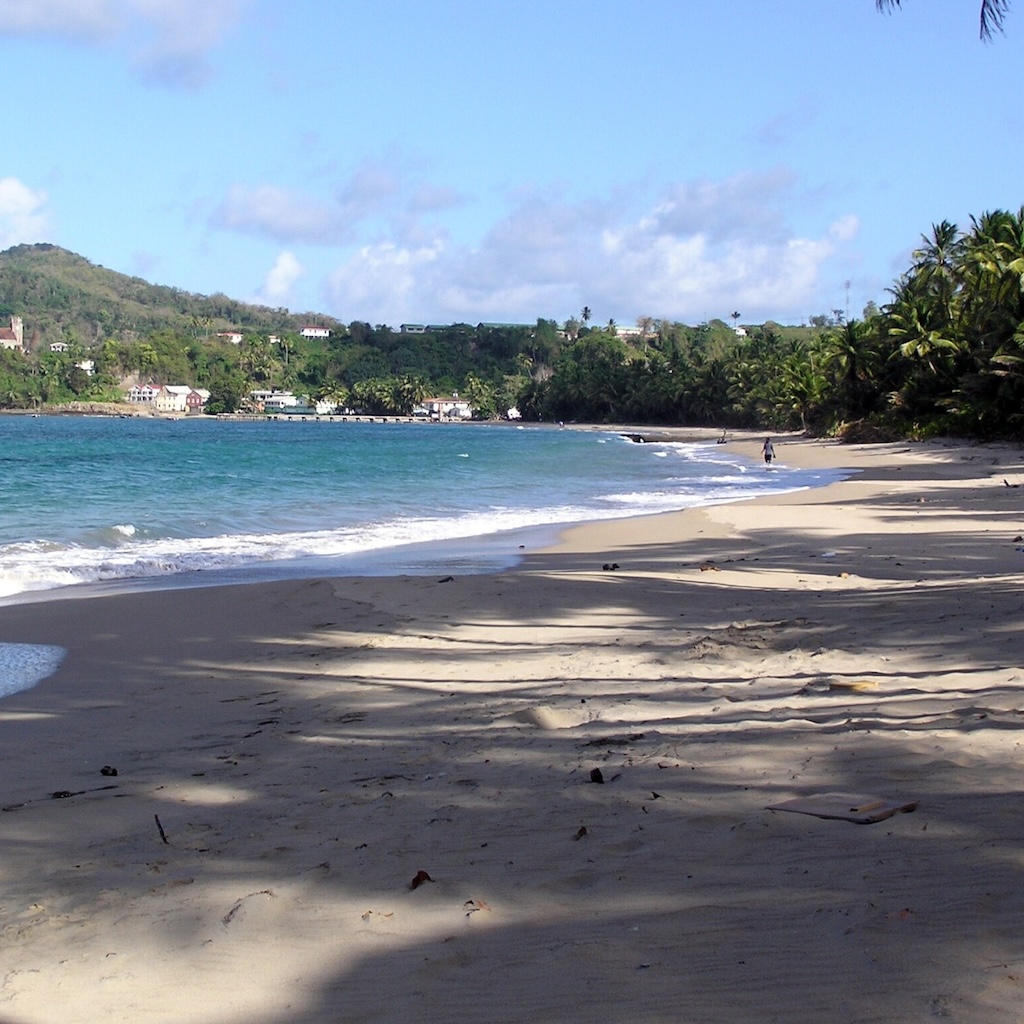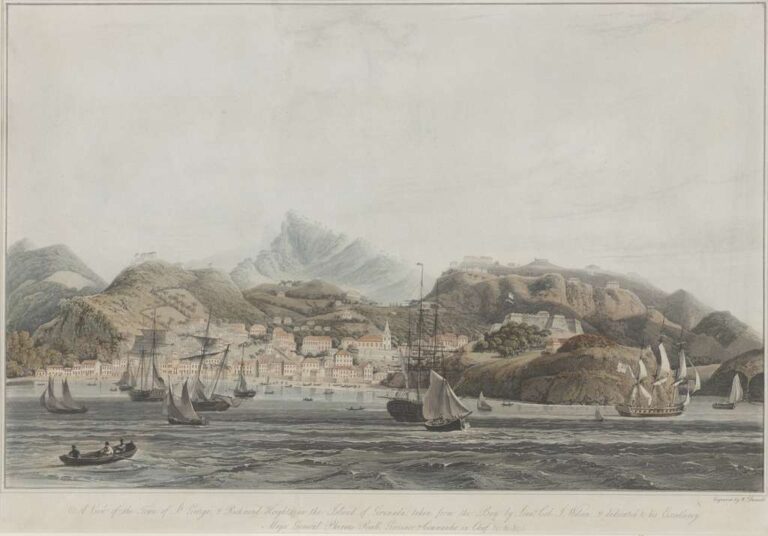Currency
XCDVoltage
220VWater
GoodDialing
+1473Arrival by boat Entry formalities
Boat Clearance
Clearance formalities for entry and exit from the islands of the Caribbean is mandatory for all pleasure boat, for personal or professional use, arriving or departing by sea. The clearance must be pre-filled online at https://www.sailclear.com/ before heading to the customs office. Only the boat captain is allowed to go the customs office with all passports until the clearance has been stamped.
Visa requirements for travel to Grenada:
Other ressources
Noonsite.com maintains an updated worldwide database of formalities for pleasure crafts. Click here for more details.
Weather & Navigation
The island’s towering mountains create natural wind funnels, especially on the western coast near St. George’s. These funnels compress the wind, increasing speed, and suddenly you’re dealing with gusts that can take you by surprise.
Sailing itineraries in Grenada
A brief maritime history of Grenada
Long before it became known as the “Island of Spice,” the island was home to the Caribs, a fiercely independent indigenous group. Their presence left indelible traces on the island, and even in today’s Grenadian dialect, their spirit lingers. The Caribs weren’t the first inhabitants though — they were preceded by the Arawaks, who arrived around 2000 B.C. These early settlers lived peacefully, fishing and cultivating the fertile land. They left behind mysterious petroglyphs, carvings on stone that still baffle archaeologists.

In 1498, during his third voyage to the New World, Christopher Columbus spotted this volcanic island and called it “Concepción,” but the name didn’t stick. Early spanish settlers renamed it “Grenada,” inspired by the Spanish city of Granada. The island’s early days of European colonization weren’t peaceful. The Caribs resisted fiercely, and it wasn’t until the 17th century that the French succeeded in establishing control. A famous tale tells of the Caribs’ last stand at a cliff now called Le Morne des Sauteurs, or “The Hill of Leapers.” The legend says that rather than surrender, the Caribs leapt to their deaths.
The French influence is still palpable in Grenada. You’ll notice it in the names of towns, the local architecture, and even in the lilting rhythm of the Creole language spoken here. For decades, the island was the center of a tug-of-war between the French and the British, both eager to control its lucrative sugar and spice trade. The island’s soil was very fertile, perfect for growing the nutmeg and cacao that would come to define Grenada’s identity. Fun fact: Grenada produces nearly 20% of the world’s nutmeg, earning its title as the “Spice Isle.” This precious spice even graces the national flag, an homage to its importance.
The island’s plantation economy relied heavily on enslaved Africans, whose descendants make up the majority of the population today. The legacy gave rise to the vibrant Afro-Caribbean culture that pulses through Grenada’s veins. Every August, Carnival celebrates this resilience with parades, music, and dancing.


